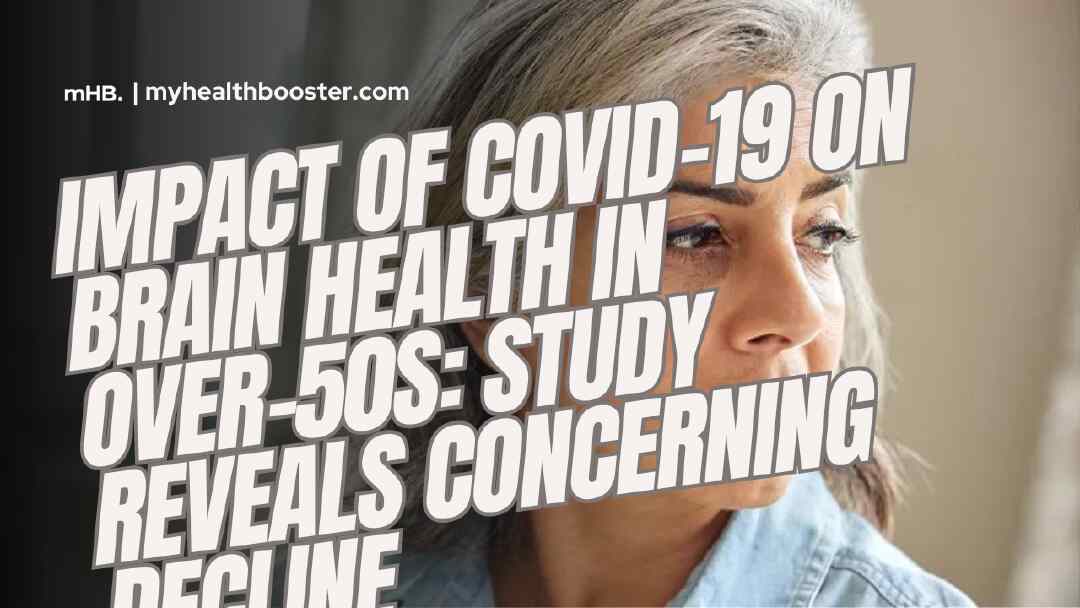Overview
A recent study conducted in the UK with over 3,000 participants aged 50 and above reveals an apparent decline in brain health among this demographic during the COVID-19 pandemic. The research suggests a negative impact on cognitive function, regardless of actual COVID-19 infection, highlighting potential explanations and concerns regarding stress, loneliness, and alcohol consumption.
Study Insights
Decline and its Context:
- Alarming Findings: Cognitive function, including memory, exhibited a notable decline, with a more significant decrease during the initial year of the pandemic, particularly amid lockdown measures.
- Continued Challenges: The decline in memory-related functions extended into the subsequent year, indicating ongoing repercussions on brain health.
- Pre-existing Conditions: Participants with mild memory problems prior to the pandemic experienced the most substantial overall decline in cognitive abilities.
Analysis and Key Factors
Factors Influencing Brain Health:
- Contributing Elements: Stress, loneliness, and changes in alcohol consumption are identified as potential factors affecting cognitive health during the pandemic period.
- Real, Lasting Impact: Experts highlight the potential long-term influence of coping with COVID-related fears, uncertainties, and disruptions on brain health, particularly among individuals aged 50 and over.
Study Insights and Future Directions
The PROTECT Study:
- Mission and Significance: Conducted under the PROTECT study, aimed at understanding cognitive decline and dementia development, utilizing brain-training games and risk factor analysis.
- Future Prospects: The study plans to continue monitoring participant outcomes, emphasizing the importance of learning from these experiences to support others and potentially mitigate cognitive decline risks.
Expert Perspectives and Recommendations
Lead Investigator’s Insight:
- Prof Anne Corbett’s Observation: Prof Corbett underscores the pandemic’s probable acceleration of cognitive decline and highlights the necessity of early support and interventions for those with cognitive concerns.
- Call for Action: She encourages concerned individuals to seek assessments from GPs to address potential cognitive challenges.
Dementia Expert’s Input:
- Dr. Dorina Cadar’s Remark: Stressing the unknown long-term implications of COVID-19, Dr. Cadar advocates for further research to comprehend the impact of isolation and restrictions on brain health.
- Mounting Evidence: She highlights emerging evidence suggesting the detrimental impact of factors like social isolation on cognitive health.
Advice from Alzheimer’s Research UK:
- Dr. Susan Mitchell’s Perspective: Dr. Mitchell emphasizes the significance of lifestyle and health factors in brain health, urging proactive measures to maintain cognitive well-being and reduce dementia risk.
Conclusion
The study uncovers concerning declines in brain health among the over-50 population during the COVID-19 pandemic, attributed to stressors like isolation and disruptions. While highlighting the potential risks to cognitive health, the findings stress the need for early interventions and proactive lifestyle approaches to support and preserve brain health. Continued research in this field is crucial to better understand the lasting effects of the pandemic on brain health and potential interventions.
